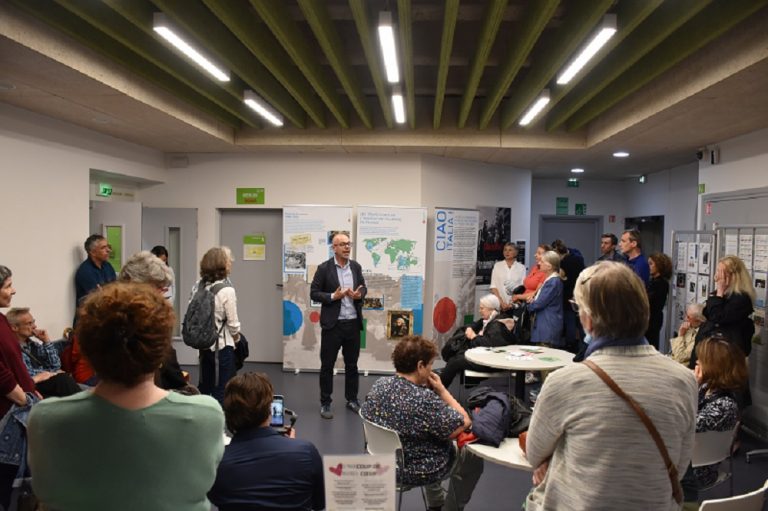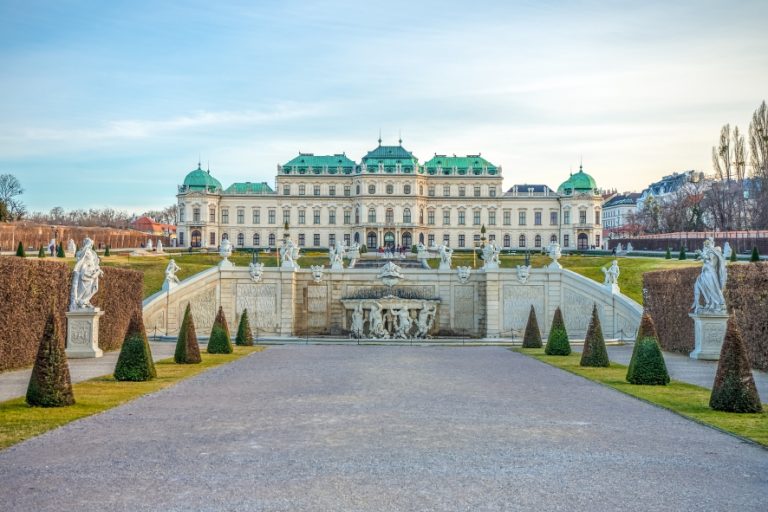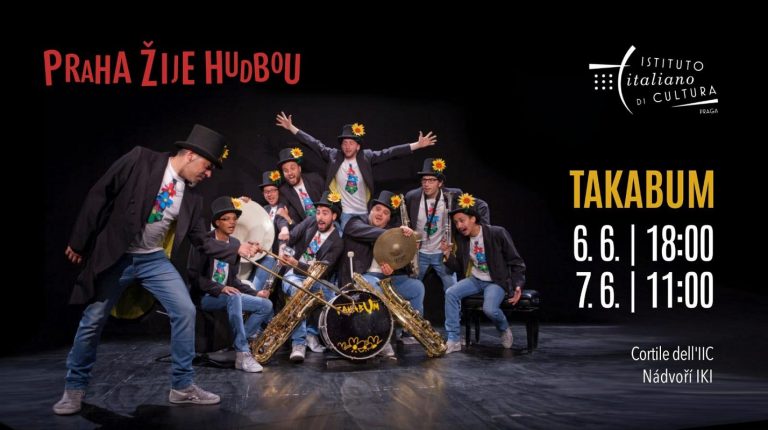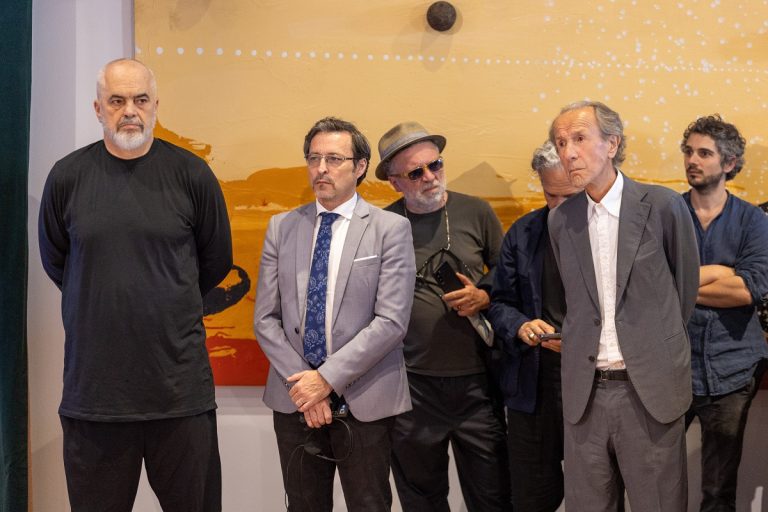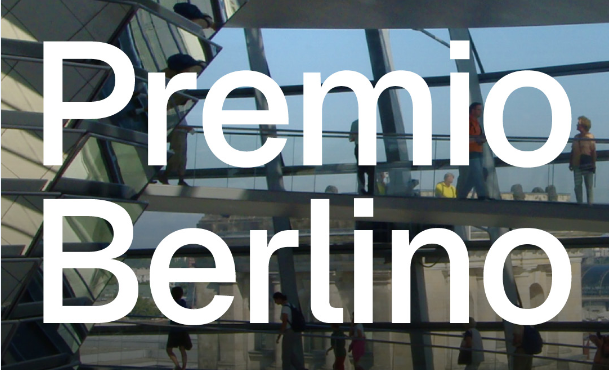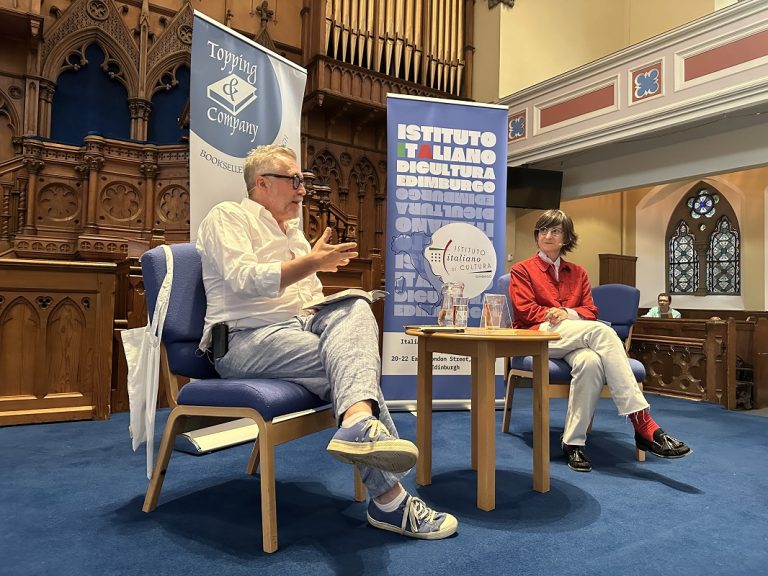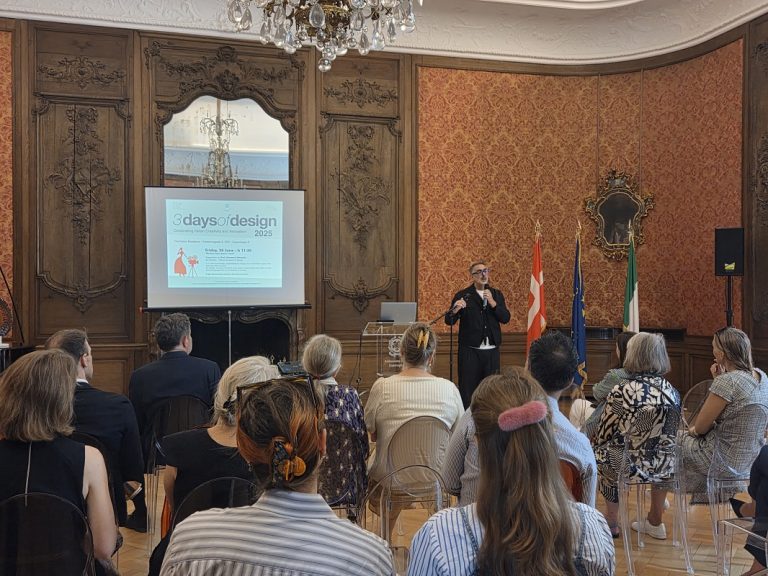The Orchestra of Piazza Vittorio Orchestra (OPV) will make its debut in Albania with a concert, hosted by the Cultural Centre of the Albanian capital’s Orthodox Church, and promoted by the Italian Cultural Centre in Tirana. The orchestra, whose 18 members come from 10 countries and speak nine different languages, will perform in Tirana on March 23. They blend diverse souls and cultures into one single language – music. Stemming from each countries’ folk music, the orchestra blends and complements it with rock, pop, reggae and classical music. The orchestra’s musicians come and go. As a consequence, its sounds change without ever betraying the orchestra’s original intentions, which are to stand up to new challenges and new horizons for the whole world to enjoy. It is a fusion of cultures and traditions, memories, new and ancient sounds, unknown instruments, universal melodies, and voices from all corners of the world.
The brainchild of Mario Tronco and Agostino Ferrente, the Orchestra of Piazza Vittorio was created in 2002 within the Apollo 11 Association. It is a project supported by artists, intellectuals and cultural operators that wanted to contribute to the revamping of the Esquilino neighbourhood in Rome, where Italians are an ethnic minority. The OPV shines as a unique achievement. It has released five records and held 800 concerts around the world. It is the first and only orchestra established thanks to the personal financing of some individuals. It has created jobs and allowed the issuance of residence permits to top-level musicians, who come from the four corners of the world and are now our fellow-citizens. Together, they promote research and the integration of different musical repertoires that are very diverse and are often totally unknown to the public at large. The orchestra also offers an opportunity to foreign musicians who live in Rome and that sometimes find themselves in a condition of cultural and social exclusion.



